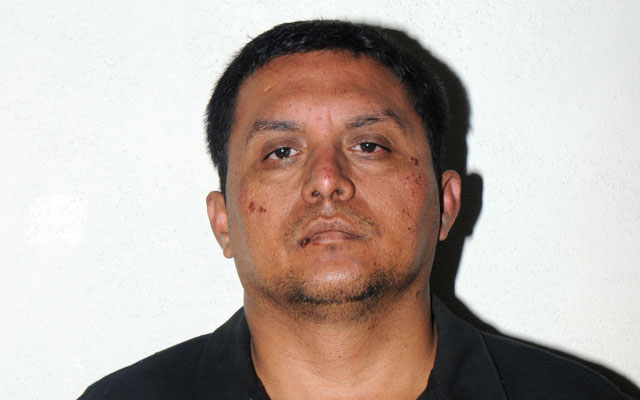Arrest of Notorious Zetas Leader Built on U.S.–Mexican Cooperation
Ray Walser /
Miguel Angel Treviño Morales, leader of Los Zetas, was captured by Mexican law enforcement on July 15.
Treviño was among the most feared outlaws in Mexico. Los Zetas, an offshoot of renegade soldiers who turned to lives of crime, has expanded into a major drug and crime syndicate. Treviño’s trademark was sadistic homicide. In recent years, Los Zetas has terrorized large swaths of Mexico. Its members were responsible for the 2011 Monterrey casino fire that killed 52, the August 2010 massacre of 72 migrants on a ranch near the U.S. border, and the killing of 27 farm workers in Guatemala in 2011.
Los Zetas was also responsible, according to Insight into Crime, for spillover violence on the U.S. side of the border in Laredo, Texas.
When Iranian Mansour J. Arbabsiar, acting on behalf of Iran’s Quds Force, the strike force of the Iranian Revolutionary Guard, plotted a murder for hire of Saudi Arabia’s ambassador in Washington, D.C., he turned to a contact he believed to be one of Los Zetas. It turned out the contact was a U.S. informant. Arbabsiar has now begun a 25-year sentence after pleading guilty in a New York court.
The bottom is line is that Los Zetas is a transnational criminal/terrorist organization that has spread terror up and down Mexico and Central America and continues to pose a serious, if often overlooked, threat to U.S. national security.
Treviño’s arrest represents the first big success against a key Mexican crime figure for President Peña Nieto. And while Peña Nieto’s administration has sought to play down the costs and consequences of the drug war, the violence continues to be a major national crisis and a challenge for U.S.–Mexican relations.
The force responsible for tracking and capturing Treviño was Mexico’s equivalent of the Marine Corps, a military strike force that has worked closely with U.S. military trainers. U.S. intelligence assets may also have played an important, if undisclosed, role in the arrest. Washington will likely request Treviño’s extradition to the U.S. Despite recent friction, high-level officials from Mexico and the U.S. continue to coordinate counter-drug activity in the spirit of the Merida Initiative.
With the domestic focus on immigration reform and border security high on the congressional agenda, it is easy to overlook the importance of strong cross-border cooperation, intelligence sharing, and extraditions of Mexican criminals to the U.S. in order to bring to justice deadly desperados such as Treviño and respond to the threats posed by transnational criminal organizations such as Los Zetas.

